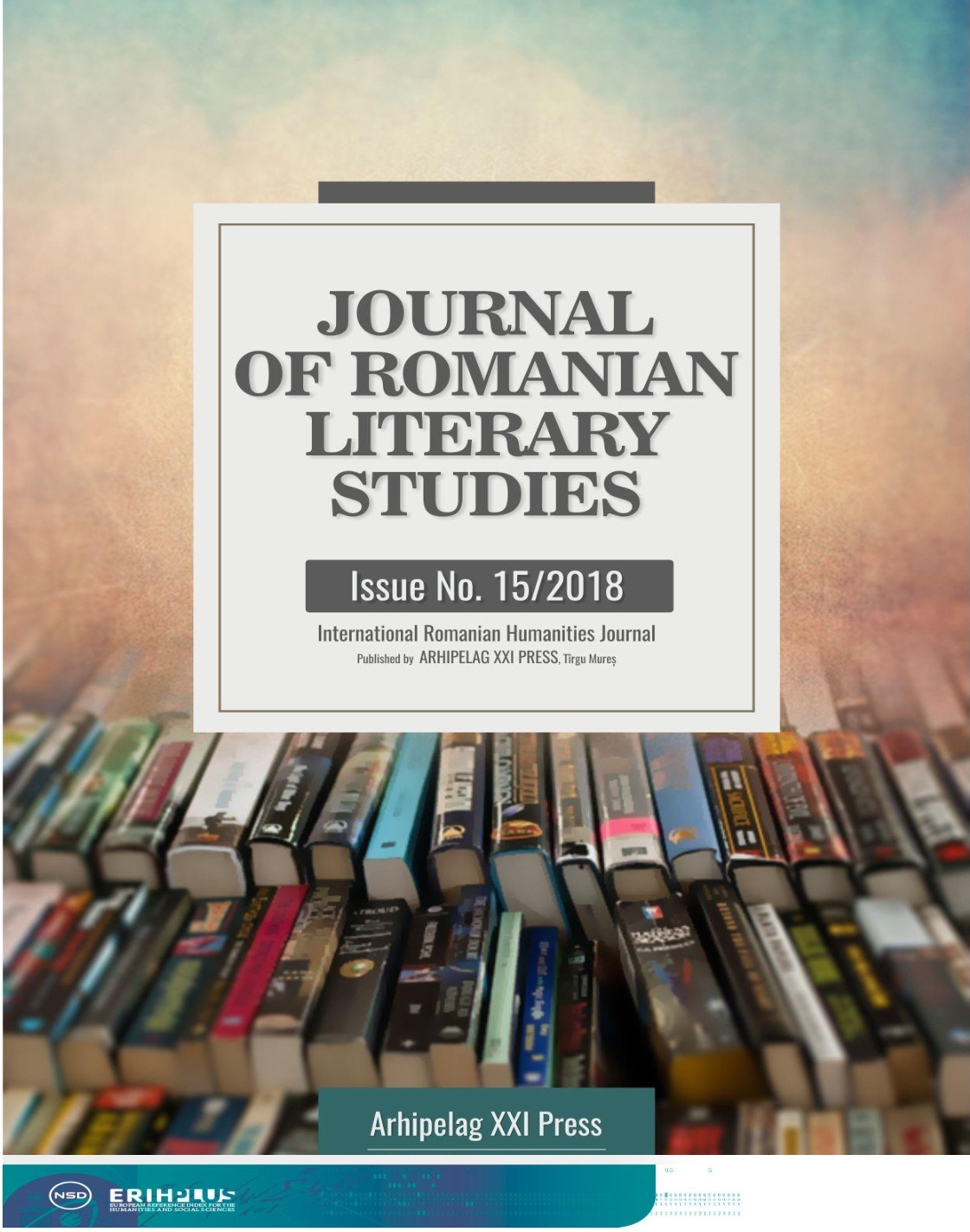SHIFTING FROM HISTORY TO LIFE STORIES IN GABRIELA ADAMESTEANU’S WASTED MORNING
SHIFTING FROM HISTORY TO LIFE STORIES IN GABRIELA ADAMESTEANU’S WASTED MORNING
Author(s): Florina Georgiana OlaruSubject(s): Romanian Literature, Theory of Literature
Published by: Editura Arhipelag XXI
Keywords: individual; history; collective trauma; inner realm; emblematic characters;
Summary/Abstract: The present paper intends to portray the two facetes of Gabriela Adamesteanu’s Wasted Morning. Thus, we can approach the novel from a binary perspective. The novel relies on two hemispheres: it depicts, on one hand, a collective regime, and, on the other hand, an individual regime. The collective regime can be easily inferred by catching this colossal feeling of history, by recognizing a narrative formula which returns to past images. This narrative pattern designs the insuperable collective trauma. The individual regime consists of the fact that history is evoked and interpreted via mentalities and conceptions, which proves that the individual cannot be separated from the general (i.e. social, political) frame which belongs to. In these conditions, the human being is seen as a miniatural expression of history. The narrative discourse is oriented around these two supra-themes: individuality and collectivity. All these create an outlook in which the individual and the collective dimensions coexist. This is a legitimate reason to focus upon the shifting from history to life stories in Gabriela Adamesteanu’s Wasted Morning.
Journal: Journal of Romanian Literary Studies
- Issue Year: 2018
- Issue No: 15
- Page Range: 575-585
- Page Count: 11
- Language: Romanian

